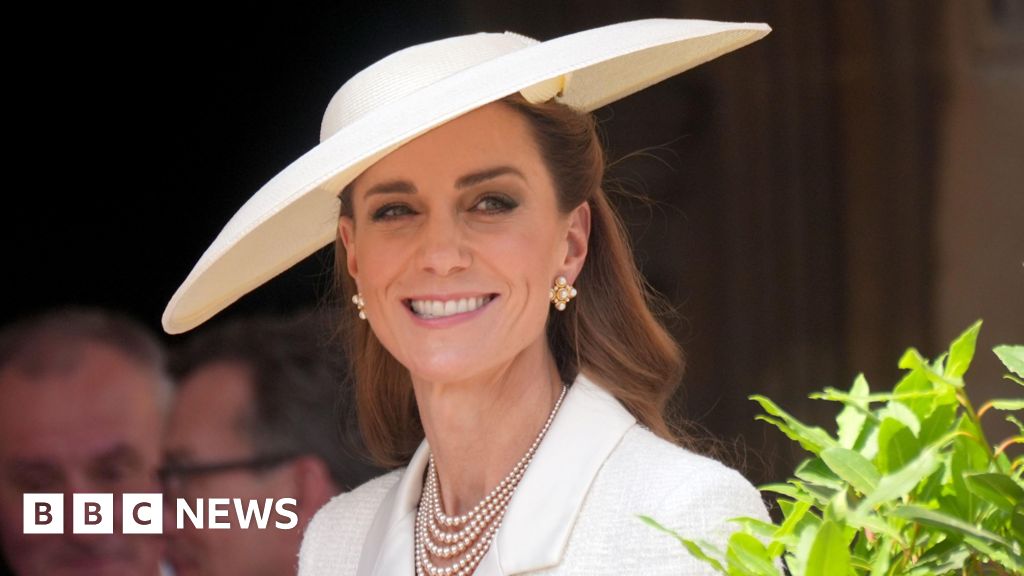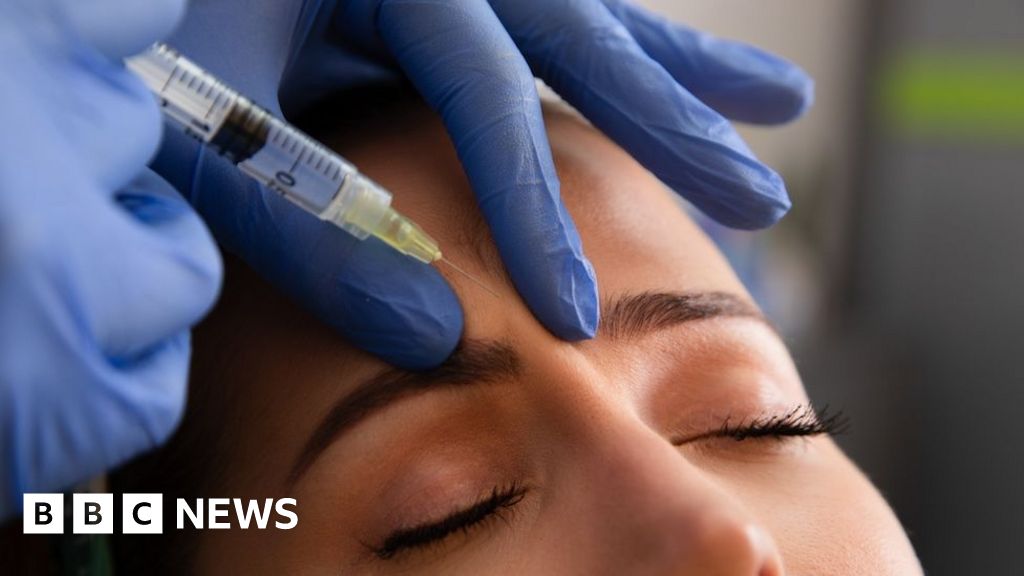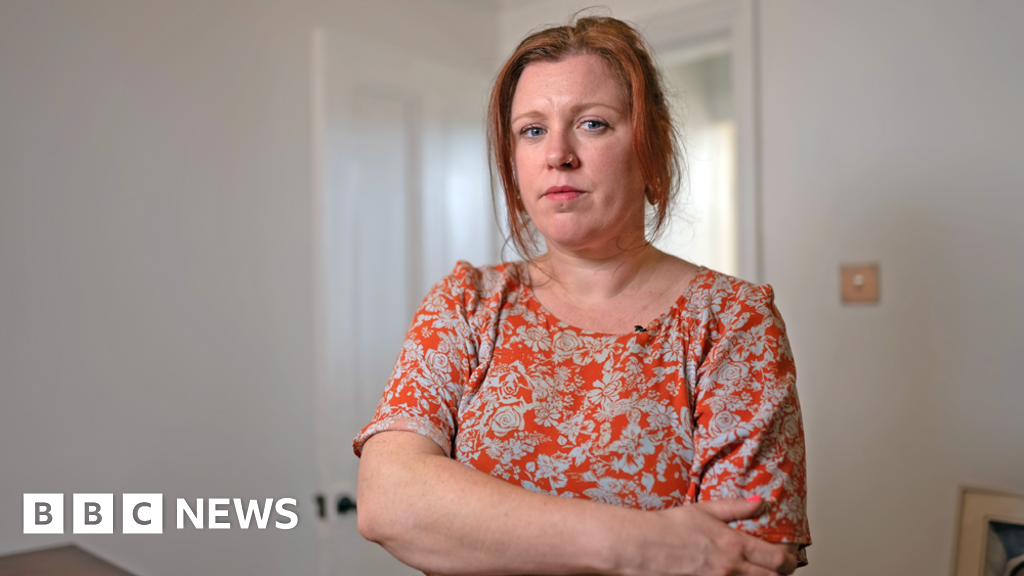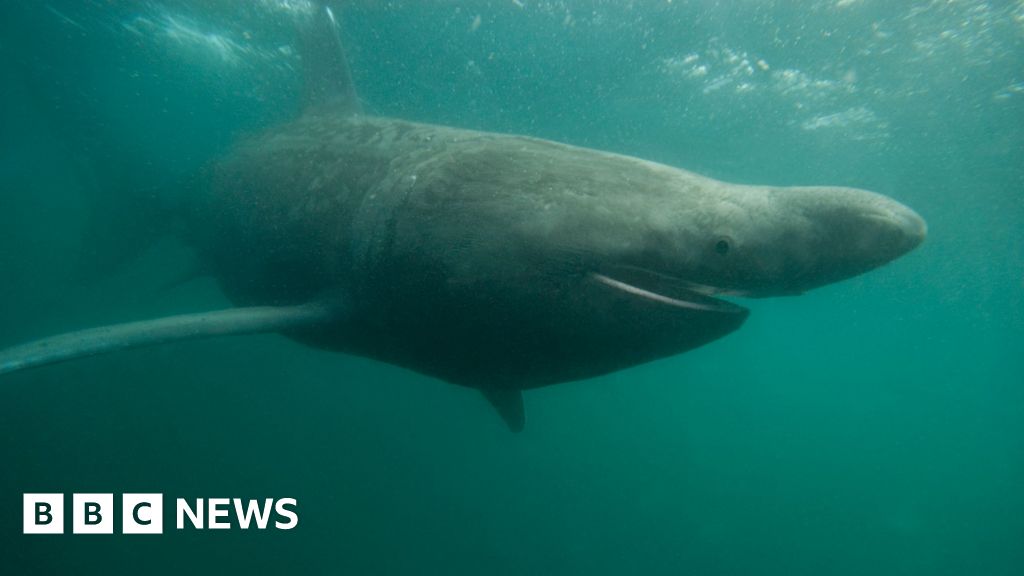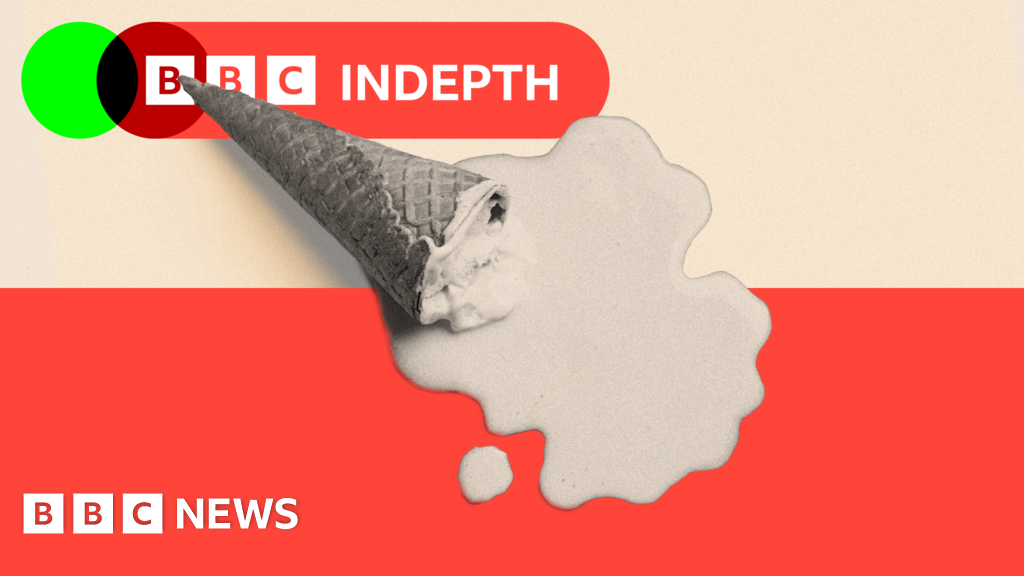Tiffanie Turnbull
BBC News, Sydney
Rules that effectively banned all sexually active gay and bisexual men from donating blood and plasma are being lifted in Australia.
The rules, originally introduced to decrease the risk of blood donations from groups with a higher chance of HIV exposure, will begin being revoked from next month, following similar moves in the UK and US.
However, under the changes, Australia will become the first country in the world to remove all sexual activity-based restrictions on plasma donation, the national blood donation service Lifeblood says.
The new rules have been approved by the country's health products regulator, and are estimated to expand the donation pool by 625,000 people.
Lifeblood's Chief Medical Officer, Jo Pink, in a statement said the changes are a significant milestone.
"Blood safety is and always will be our top priority, but we know the current donation rules have been very difficult for many people in the LGBTQIA+ community... we know that they've contributed to the stigma faced by [them]," she said.
Previously, any men or transgender women who had sex with men in the previous three months were banned from donating blood or plasma, as were sex workers and women who have sex with bisexual men.
Now, most people in a sexual relationship of 6 months or more with a single partner will be eligible to donate blood, regardless of their gender or sexuality.
Under the new rules, Lifeblood will no longer ask men if they had sex with men in the previous three months.
Instead, all donors will be asked if they have had anal sex with new or multiple partners.
If the answer is yes, they will need to wait three months to donate blood, but are still eligible to donate plasma.
People taking HIV prevention drug PrEP will also be able to donate plasma, though they are still blocked from donating blood.
The only group who are still unable to donate plasma are those with HIV, and those with a partner with HIV.
The plasma donation rules will come into effect on 14 July, with the updated approach to blood donations to be implemented sometime in 2026.
Research conducted by Lifeblood, with the University of New South Wales' Kirby Institute, showed that rule changes would not have any impact to the safety of blood and plasma supply.
Plasma in particular goes through a process called pathogen inactivation, which filters out viruses and bacteria, significantly reduces the risk of an infection being passed on to a patient.
Global demand for plasma is already at an all time high and is still rising, including in Australia, so Lifeblood hopes the changes will provide a much-need boost to supplies.
"We welcome this change which potentially unlocks thousands of donations of life-saving plasma, which is in high demand in Australian hospitals," Health Equity Matters chief executive Dash Heath-Paynter said in a statement.
Additional reporting by Lana Lam

 7 hours ago
6
7 hours ago
6
